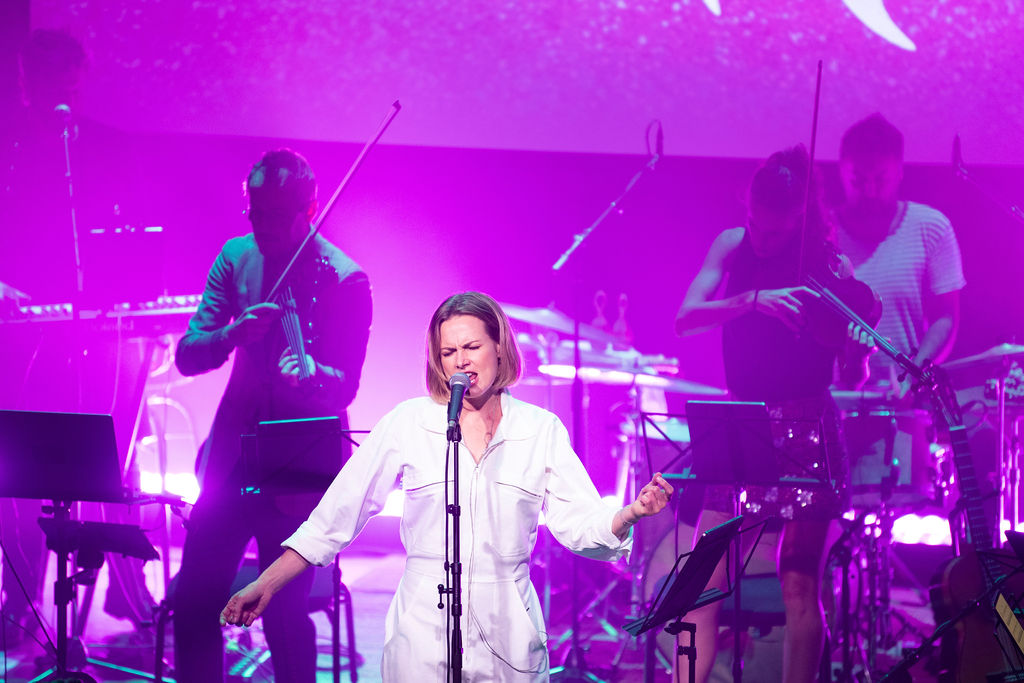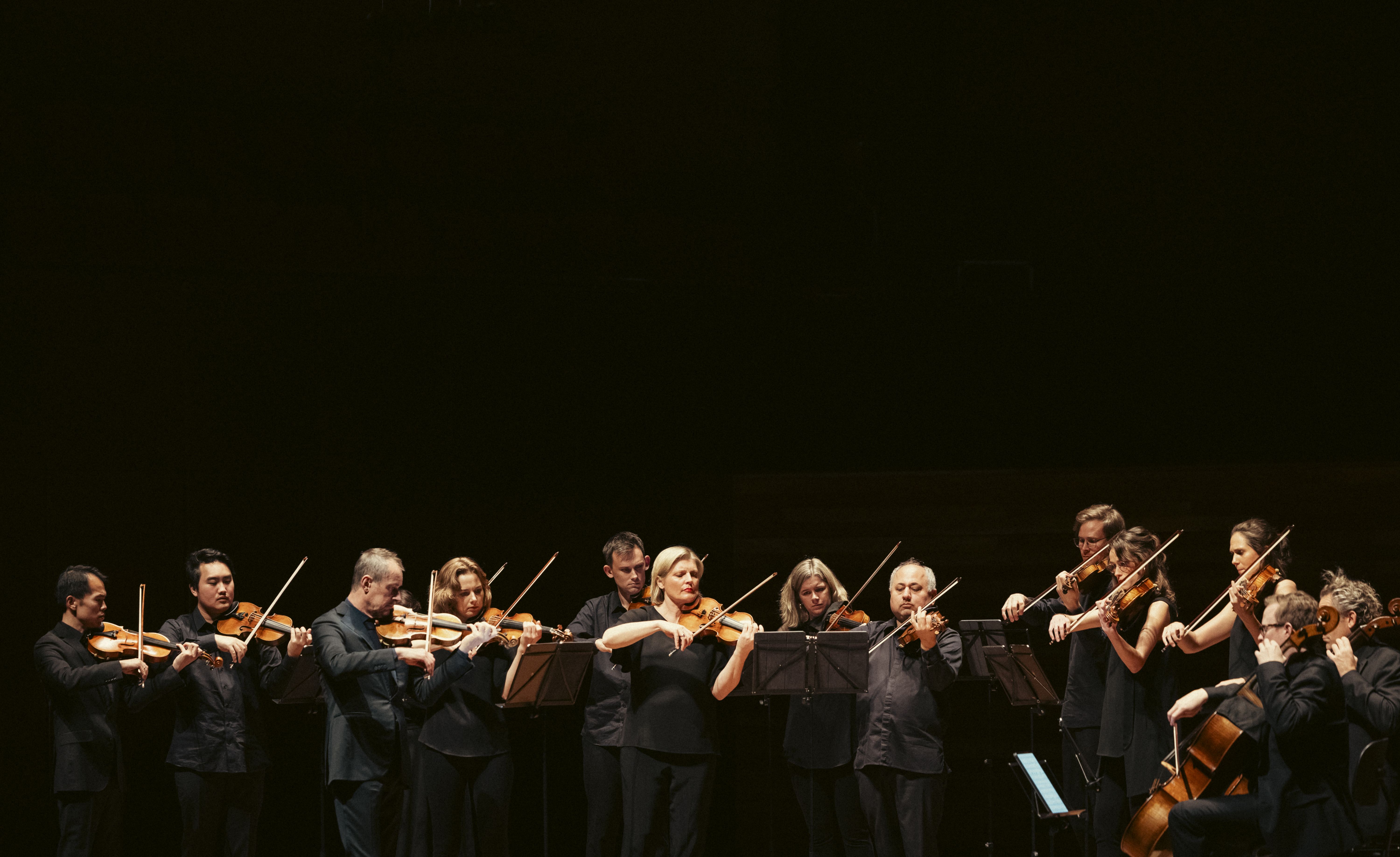
As violinists, we get to handle these man-made wooden miracles from the 18th century, acutely aware that we are their custodians for but a fleeting moment. With this heritage in mind, we have put together tonight’s music selection with a nod to the past and a reflective attitude towards the present.
Folk, religious music, punk, baroque – tonight we revel in the intertwining of genres and the appropriation of music, something which has been carried out throughout the centuries.
We have religion to thank for a lot of the great music in the western canon, no matter how secular the world may be in 2023.
That being said, it may come as a surprise to some that Hans Leo Hassler’s hymn was originally a secular love song written around 1600. Due to its popularity, it was appropriated for Lutheran purposes. Bach must have enjoyed the tune too – he used it five times alone in his St Matthew Passion.
We have also included Dolly Parton, who comes from the line of the Appalachian folk tradition. Here she is tangled between the 18th-century Italian virtuoso Pietro Locatelli and JS Bach.
Flamboyant violin virtuoso Niccolò Paganini changed the very nature of performance. This was the original rockstar who didn’t even pretend to care for any religion other than the church of gambling and fast-acting sedatives, travelling around Europe in steamships with his spidery fingers and mullet hair, living dangerously in a lifestyle cultivated for international stardom.
In the same progressive spirit, one hundred years later comes the krautrock of the 1970s with CAN, pupils of none other than Karlheinz Stockhausen, the bad boy of the German avant-garde.
Antonio Vivaldi was the teacher and maestro at the Ospedale della Pietà in Venice, an orphanage for girls with a talent for music. It may be that some of those girls re-incarnated in Putin’s Russia and formed Pussy Riot. Brave girls indeed. The beautiful grimness of Alfred Schnittke gives us a break from the nihilism found in the autocratic, as well as in the land of the free.
Finally, we return to the ancient. John Luther Adams and his pre-historic music using only natural harmonics gives in to the breathing rhythm of the wind, as if an echo of a singing bowl.
Satu Vänskä
